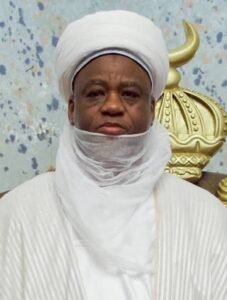Katsina govt investigates alleged torture by Hisbah personnel

The Katsina government has constituted a seven-member committee to investigate alleged torture against personnel of the Hisbah Board.
This is coming against the backdrop of a viral video allegedly showing personnel of the board torturing individuals.
The secretary to the state government, Abdullahi Garba-Faskari, said the decision was sequel to the reports and complaints received by the government on the issue.
He said the acting governor, Faruk Lawal-Jobe, directed the committee to investigate the allegations and make recommendations.
Mr Garba-Faskari revealed that Aliyu Lawal, the commissioner for youths and sports, would head the committee.
He said that committee members were drawn from the Ministries of Religious Affairs, Internal Security and Justice, the Department of Public Service Administration, and a coalition of civil society organisations, while the Director Security, SSG office would serve as secretary.
The committee was mandated to investigate the veracity or otherwise of the alleged torture of individuals by the Hisbah personnel.
“Investigate other allegations of victimisation and torture being perpetuated by the operatives; study the law establishing Hisbah board with a view to determining lapses (if any) leading to violations of human rights.
“To come up with recommendations that will address findings, identify Hisbah personnel who are involved in the act of victimisation and torture of people and recommend sanctions as appropriate,” he said.
The committee is expected to submit its report within 10 days.
Hisbah is an Arabic word meaning “accountability” and refers to an Islamic religious concept that calls for enjoining what is right and forbidding what is wrong for every Muslim.
Many states in the northern part of the country established the Hisbah board following the introduction of the Sharia in the early 2000.
The Hisbah corps, which operates under the jurisdiction of the Hisbah board, comprises government officials, religious leaders, and enforcement agents.
Its mode of operation is highly decentralised, with local units supervised by committees composed of officials and citizens in their respective communities.
(NAN)






